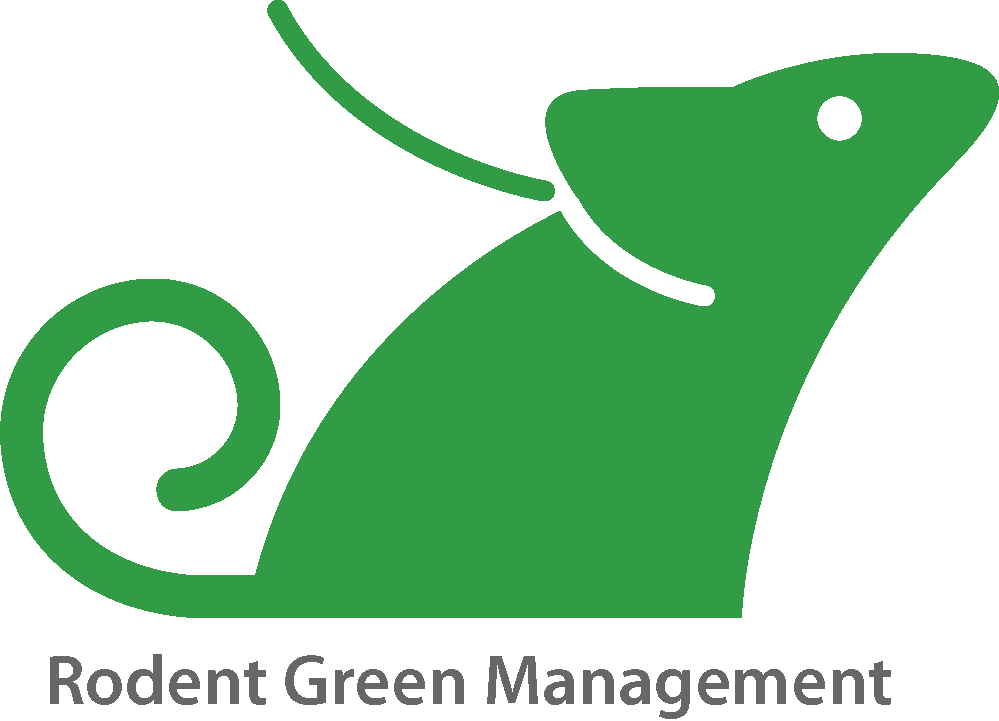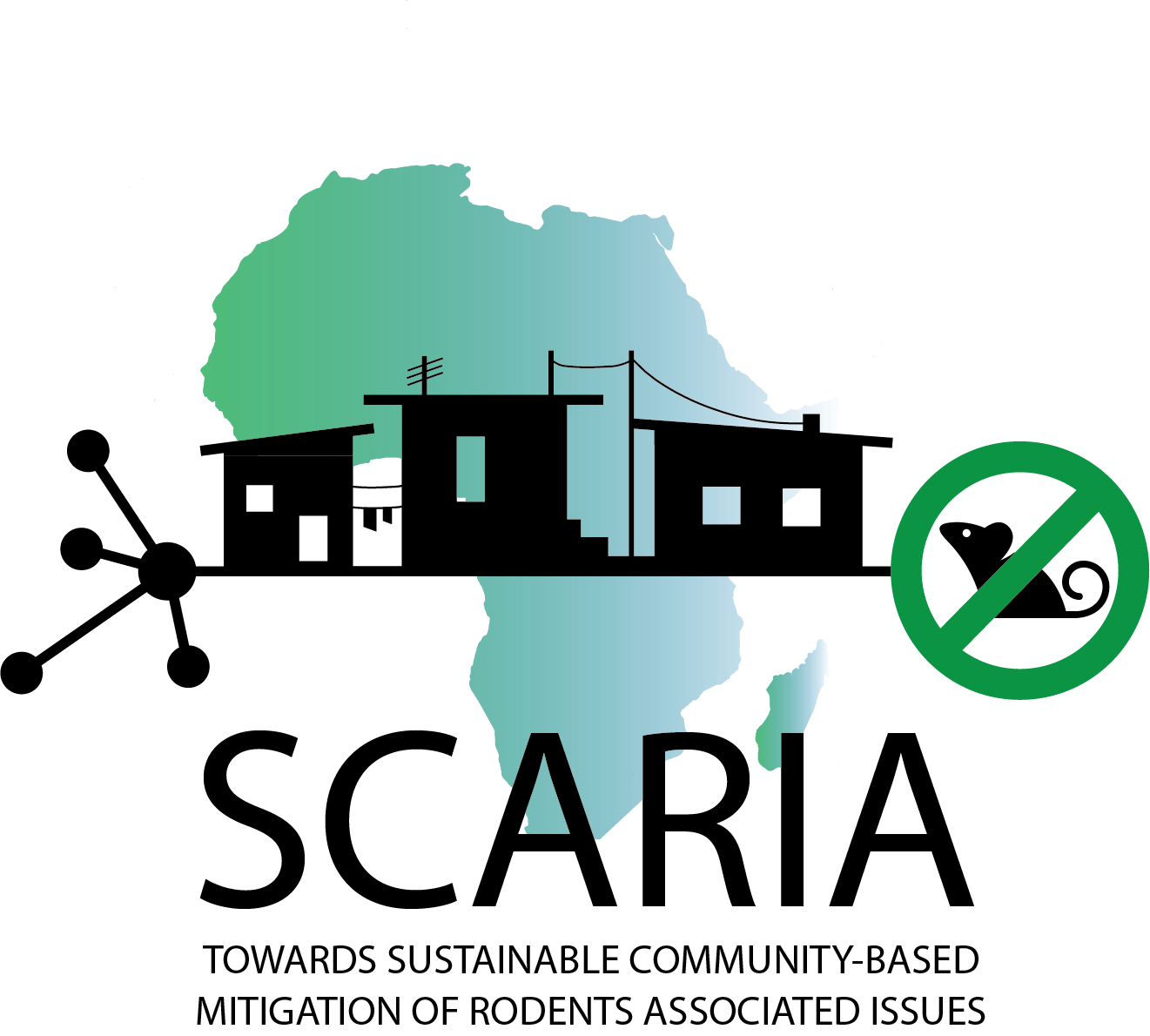Anticoagulant rodenticides are a mainstay of rodent management in many domestic, municipal, agricultural, and conservation settings. Anticoagulant poisoning has poor welfare outcomes for mammals and birds and, worldwide, this means potentially very large numbers of animals are poisoned annually consequent (intended or not) to rodenticide use. This study outlines differences in use patterns of anticoagulants and discuss how animal welfare considerations can be weighed in decisions to use anticoagulant rodenticides for island eradication attempts.
Authors: Penny Fisher, Karl J. Campbell, Gregg R. Howald and Bruce Warburton








